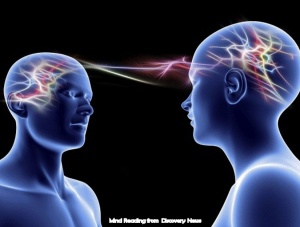Think about Honey bees for a moment. Bees are a good metaphor for business relationships.
For the hive and the colony to survive and flourish, Honey bees have to work together. The Queen is there to lay eggs to create new bees, the Drones are the males who’s only job in life is to fertilize a Queen and the workers are there to collect pollen to make the food that they all need to survive. Each bee has it’s place in the life of the hive. They even have a communication system where one bee can “tell” the other worker bees where to find flowers, so that they can collect the pollen that they need.
Just as in a hive of Honey bees, good relationships between staff members, managers and clients/customers are paramount to the success of the business. And communication is the base on which human relationships are formed and sustained.
Supposing that there was a communication breakdown between the worker bees so that they did not find enough of the pollen that they need. The hive’s food stocks would be depleted, the Queen would stop laying eggs, so no new bees would be created and eventually the hive would cease to exist. (Bees do not have people like me to help them with their communication skills and repair their relationships).
A breakdown in communication between managers and or staff can damage their relationships, which will impact on the progress and success of a small business.
So all you small business owners and managers out there, remember that it is really important to work on your business relationships through good communication with your staff and clients/customers. After all, every business is all about the people involved and the relationships that they have together.
Hilary Thompson
Relationships coaching for small business.
Facilitator at Flourishing Relationships Retreats

















